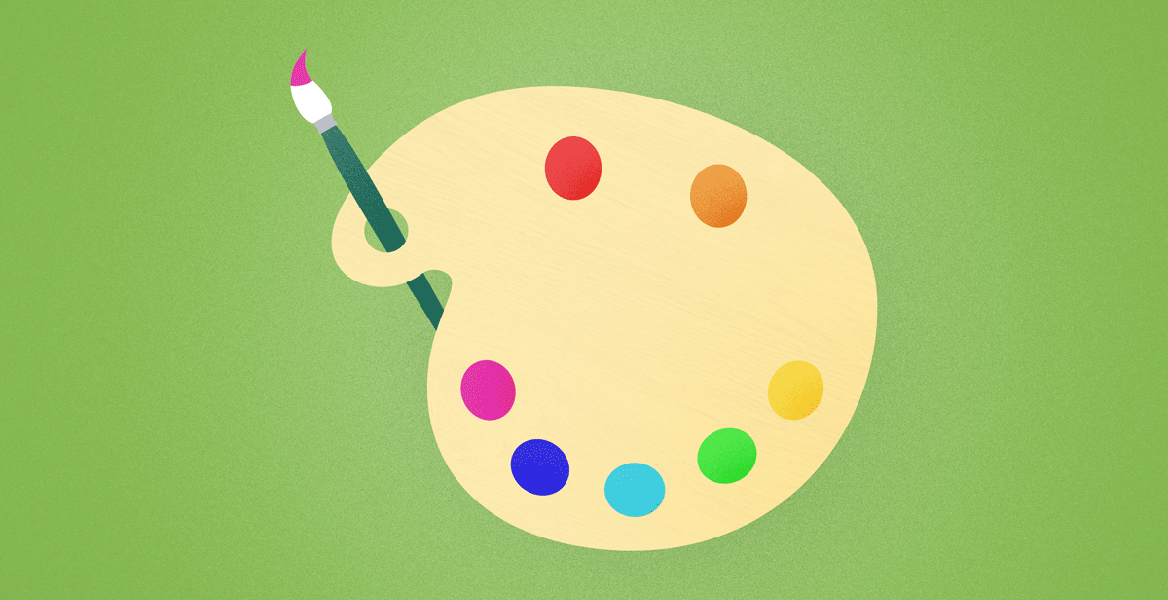I had just finished a collage—images of flowers and sunrises and words cut out of magazines, glued in layers along with beads and glitter—to express how I felt that day. Then I showed it to someone close to me.
“That looks like something a 5-year-old created.”
Those words crushed and shamed me. I was 15 years old, and they made me feel like making art was a waste of time and worse, that sharing my feelings was dangerous.
[Editor’s note: This article is part of a partnership with Character Lab, co-founded by Grit author and MacArthur “genius” Angela Duckworth at the University of Pennsylvania.]
Too often, the world reserves the arts for the gifted. By the time kids reach their early teens, they aren’t encouraged to draw, sing, or dance unless they have displayed a special talent and could become an accomplished musician or artist. Mood boards and collaging? Better to direct that time and energy to something more useful like homework, parents might think.
But creating art has a significant impact on the brain. Research finds that the process of making art activates the prefrontal cortex, helping build executive functioning skills such as planning and organizing. And there are other rewards to creative expression—for example, humming activates the vagus nerve, engaging the parasympathetic systems to make you feel good. Plus, you don’t have to be good at art to reap the benefits.
To this day, I create collages to work through and express my feelings, and I garden, write bad poetry, and sing in the shower when struggling with a particularly knotty problem at work. When someone judges what I’ve created, I shrug it off. I now know that no one can tell me how to feel about my art.
Don’t believe you have to be artistic to make art.
Do make time for the arts every day. Hum, doodle, color, dance, garden, knit, and cook. Create enriched environments at home, work, and school to encourage playful exploration and heighten awareness of the sensory world around you. Creativity and the arts are not just nice to have; they are a necessity. Art creates culture. Culture creates community. And community creates humanity.
With creativity and gratitude,
Susan
Susan Magsamen, the founder and executive director of the International Arts + Mind Lab at the Johns Hopkins University School of Medicine, is the co-author (with Ivy Ross) of Your Brain on Art: How the Arts Transform Us.
This piece was originally published by Character Lab.
![]() MORE ON ART AND CREATIVITY FROM THE CITIZEN
MORE ON ART AND CREATIVITY FROM THE CITIZEN




